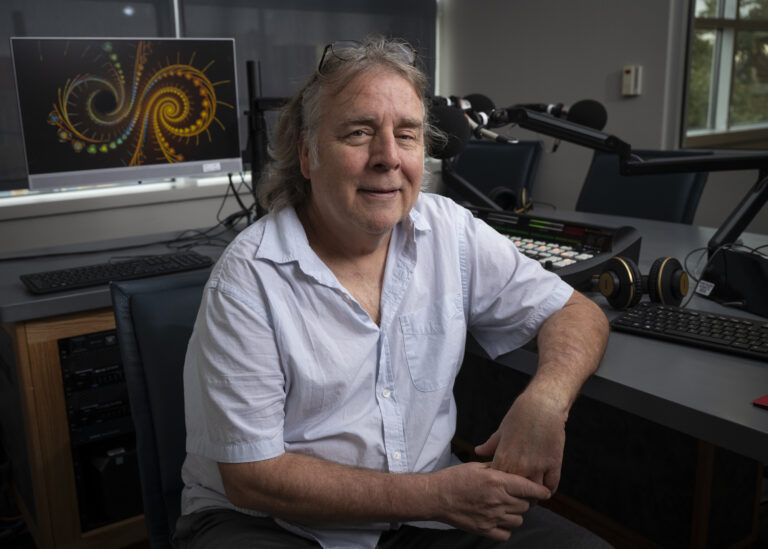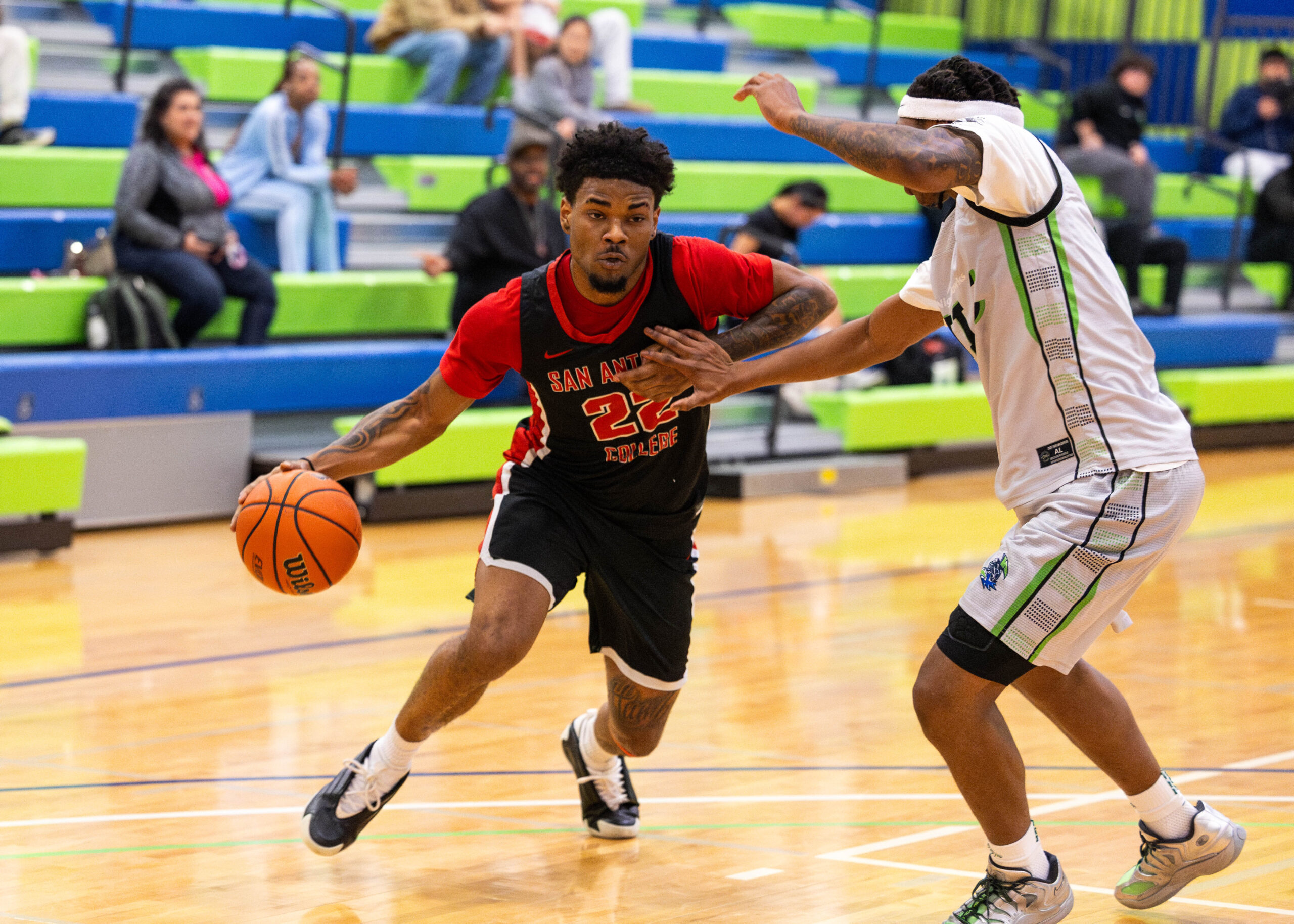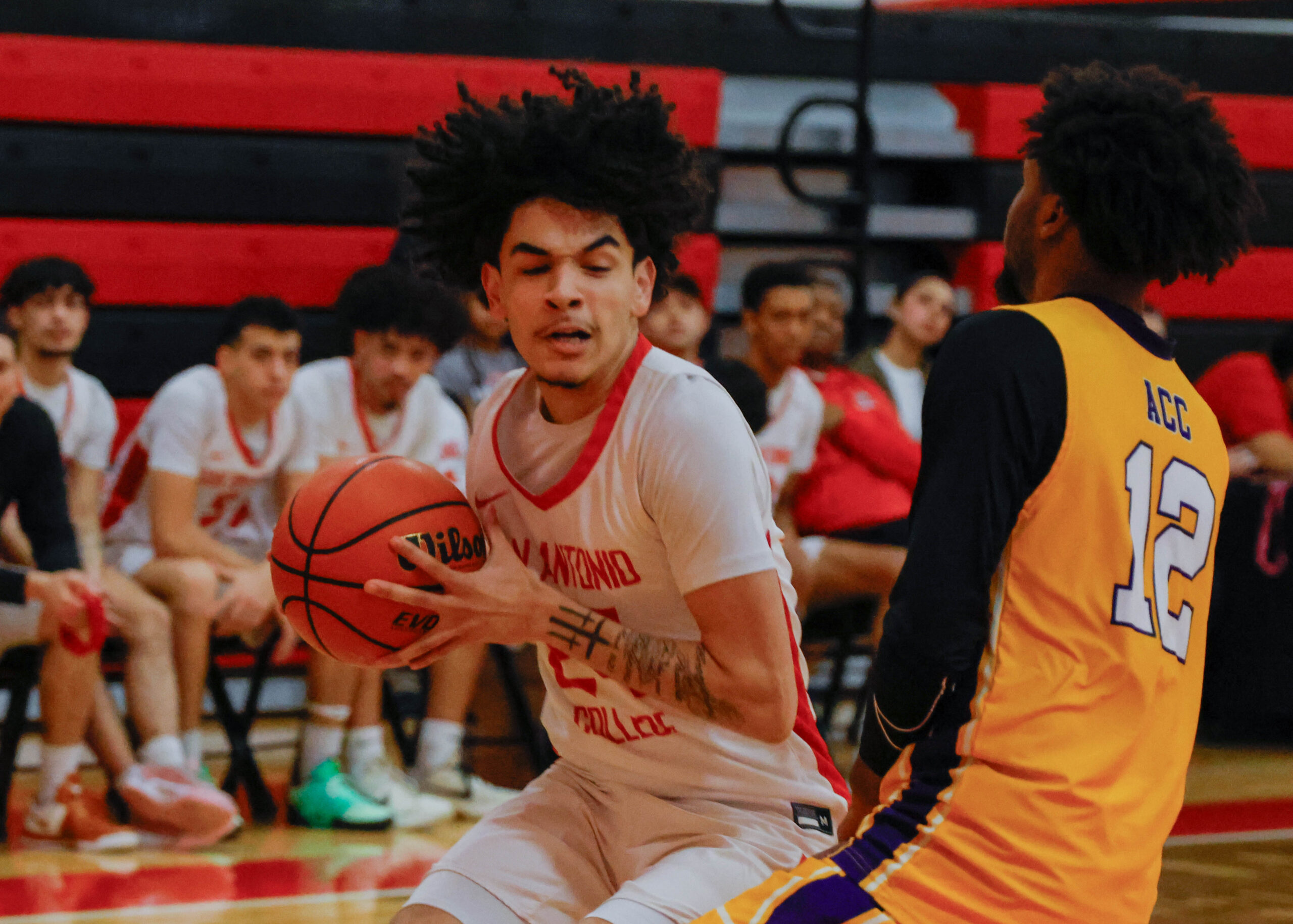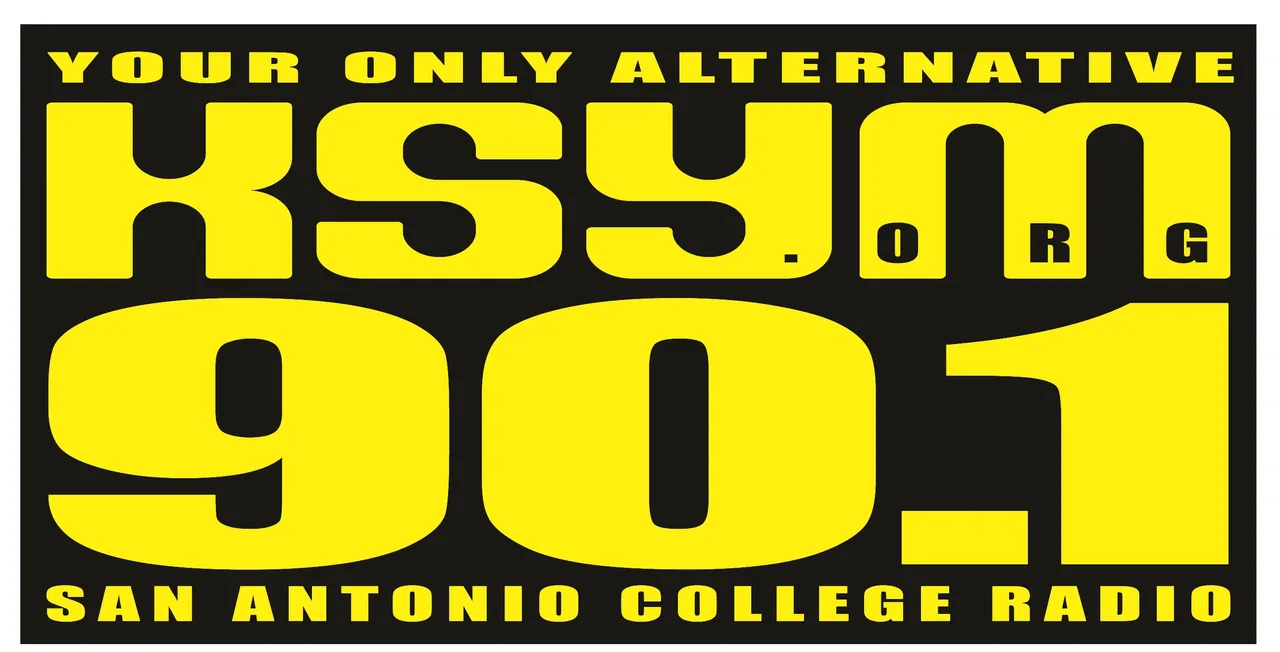Donnie Meals grew up near central San Antonio in a mostly Hispanic community. As the 66-year-old filmmaker puts it, he was “the only white kid on the block,” and that shaped his perspective and endless curiosity for his community. He loved observing and absorbing the culture — people’s lifestyles, homes, art, religion and spiritual beliefs and practices.
“I wanted to know more — if anything — to demystify what was going on,” the assistant professor for Radio-Television-Film said.
Meals started out teaching multi-track recording as an adjunct professor at San Antonio College nearly 40 years ago. At the time, his only college credential was an associates degree from San Antonio College. He said he “fell into teaching college” in 1984 after launching his own production company, Edit Point Audio, and earning the gig because of his nearly 10 years of professional experience and business knowledge.
“I never intended to teach college, but I really, really liked it,” he said.
Meals joined SAC as a full-time assistant professor in 2012. For nearly four decades, Meals has been passing on his curiosity, creativity and passion for audio and film production to SAC students.
“No one is going to beat a path to your door to offer you a job … You have to go ask for the job. Your confidence will lead you more than your resume.”
— Donnie Meals
Music Business student Olivia Rico said Meals inspired her to continue at SAC in 2020 and continue her career in media production and business. She was moved by Meals’ documentary films and how much they taught her about her own culture.
“He genuinely listened and helped me improve,” she said. “He inspired me to start my own documentary about how trauma often causes addiction.”
Long before he began making films, Meals’ hunger for knowledge led him to explore rural, sparsely populated areas of Mexico. He learned Spanish so he could communicate and ask the people he encountered about their culture.
He earned his bachelor’s degree in Communications from the University of Texas at San Antonio in 1997, and 10 years later, he expanded his creative endeavors to filmmaking while earning his master of arts in communications at the University of Incarnate Word in 2007 and 2008.
His first film, “El Corrido,” was produced as his master’s thesis, and it highlighted the Mexican “corrido” musical genre and the subgenre Narcocorridos. His passion for documentary filmmaking grew from there.
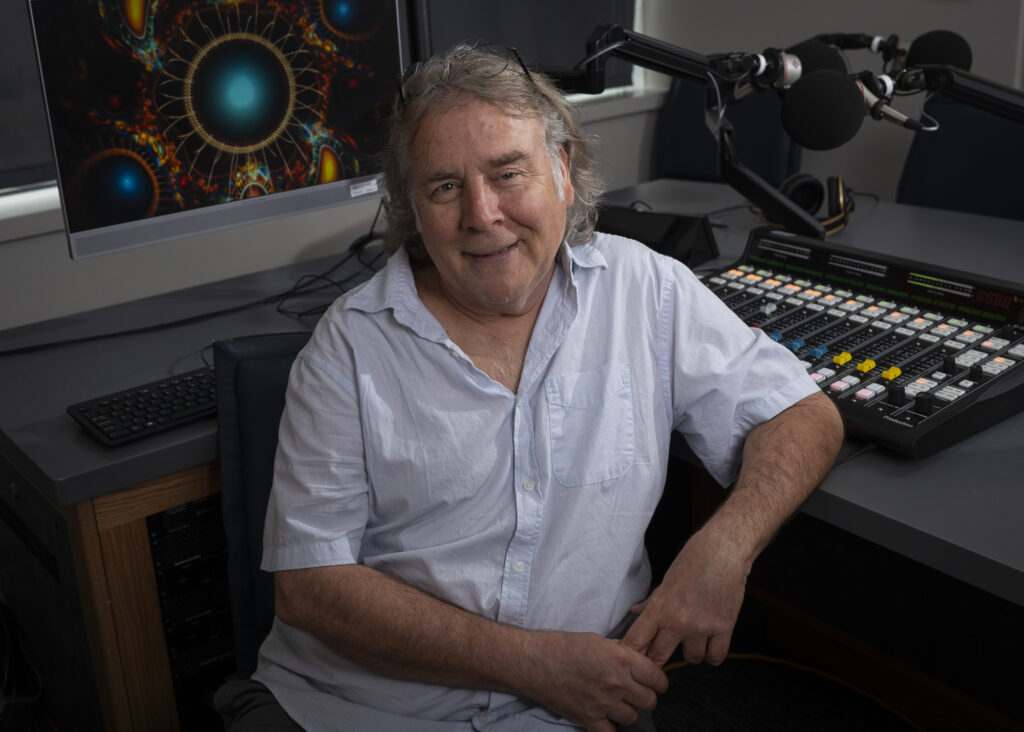
“Combining the technology I’ve learned over the years — I like to use it to gather and share information with others,” he said. “You used to need a whole production crew … but now you can do it on your own.”
Meals’ production crew now consists of Meals and his wife, Sharon Crawford, who focuses on still photography during their production trips. Crawford said she enjoys visiting Mexican villages and getting to know people with Donnie.
“Luckily I trust Donnie impeccably, but when we first started these adventures, I was extremely nervous,” Crawford said.
She said she hopes people enjoy the culture and beauty her images capture, and she hopes her work inspires people to visit the same areas.
Meals is currently working on a new documentary about Curanderismo, the diverse and expansive folk healing system of Latin America.
“It became a rabbit hole encompassing religion, folk practices and the occult,” Meals said of the film.
Through his interviews he learned the ‘true’ meaning of Curanderismo, the practices he observed, and their “good” and “bad” uses.
“I’ve now experienced a couple of limpias (cleansings) and numerous healings and ceremonies,” he said. “It’s all quite beautiful to watch and experience.”
While filmmaking is Meals’ side passion, he is known as a local legend around San Antonio for his work in radio and audio production for nearly 50 years. In 2022, Meals was inducted into the San Antonio Radio Hall of Fame.
“It was awesome,” he said, his face lighting up as he recalled the moment.
Meals serves as faculty advisor and general manager for KSYM, SAC’s nearly 60-year-old radio station, and he brings radio-station experience to the job, which was previously held by students.
“I try to bring a real station mentality without being overbearing,” he said.
He emphasized that succeeding in the audio industry requires confidence, skill and work ethic.
“No one is going to beat a path to your door to offer you a job,” he said. “The number one thing I’ve learned is that you have to go ask for the job. Your confidence will lead you more than your resume.”
Meals said his goal as an educator is to help students gain tangible skills and experience and get jobs in the industry. One initiative that supports that goal is Fredstock, the annual music festival Meals conceived. Named for Fred Weiss, founder of the Music Business Program Meals now runs, Fredstock is an 8-hour music festival that provides a practical learning experience for students studying radio, television, film and music business at SAC.
As Meals approaches 50 years in radio, academia and filmmaking, he’s not ready to look back yet.
“I have no intention of slowing down,” he said.

